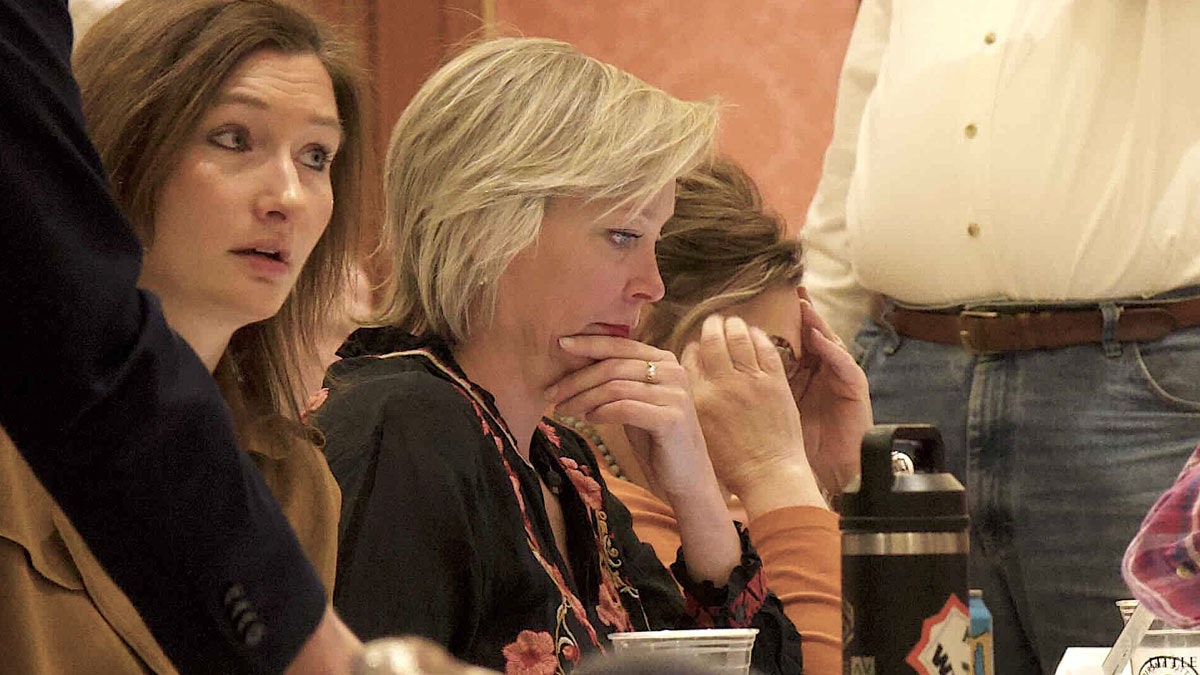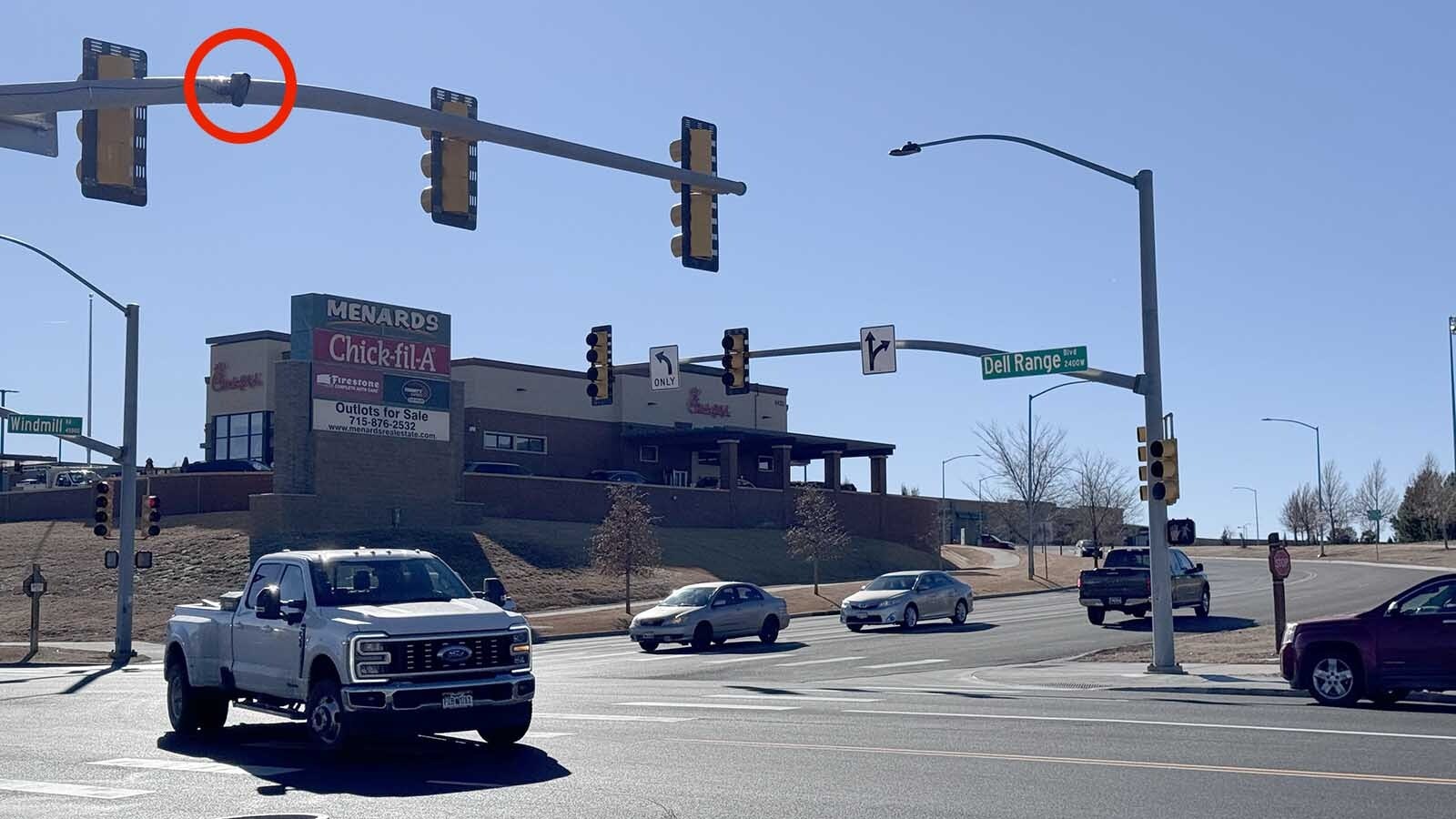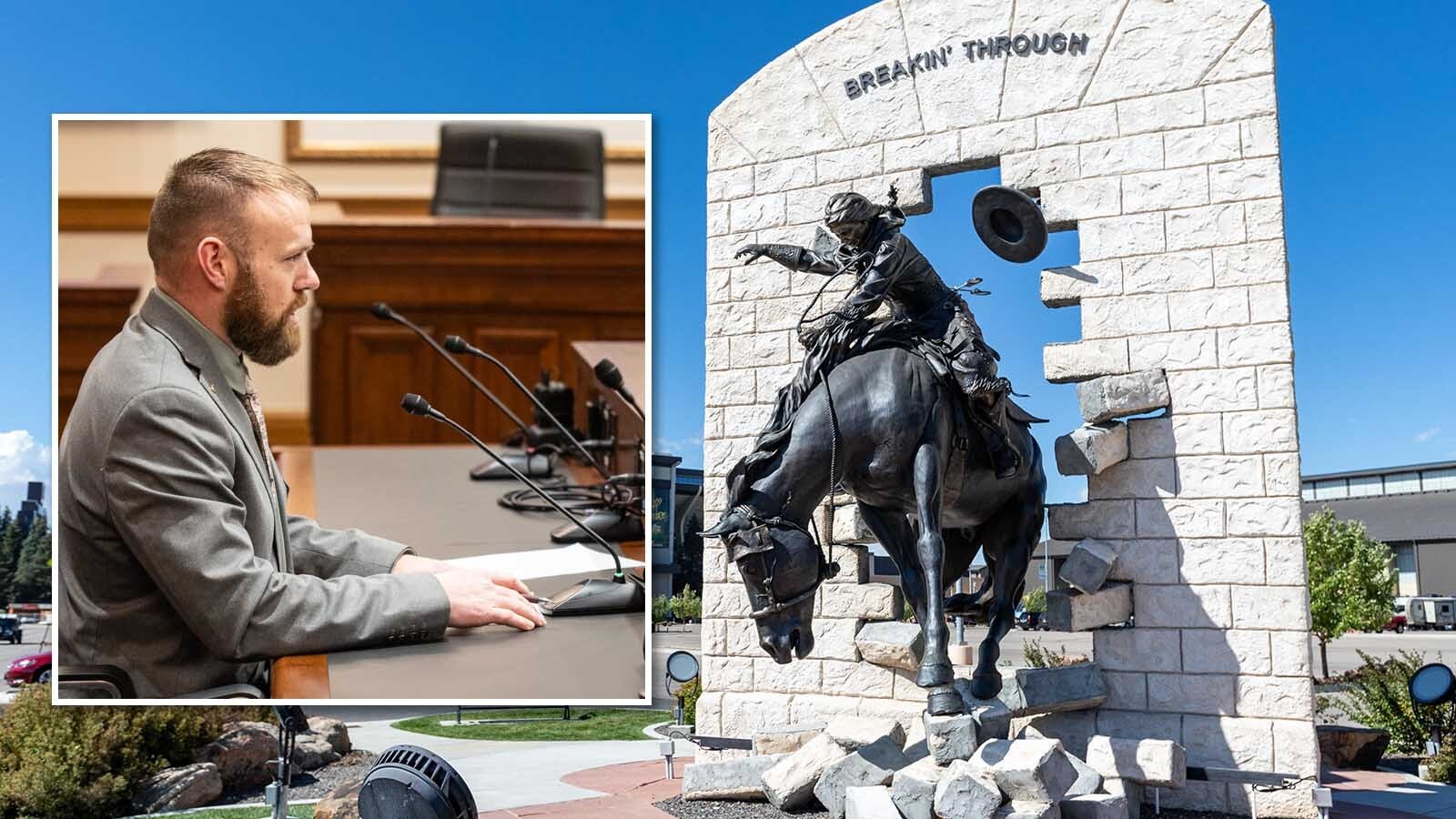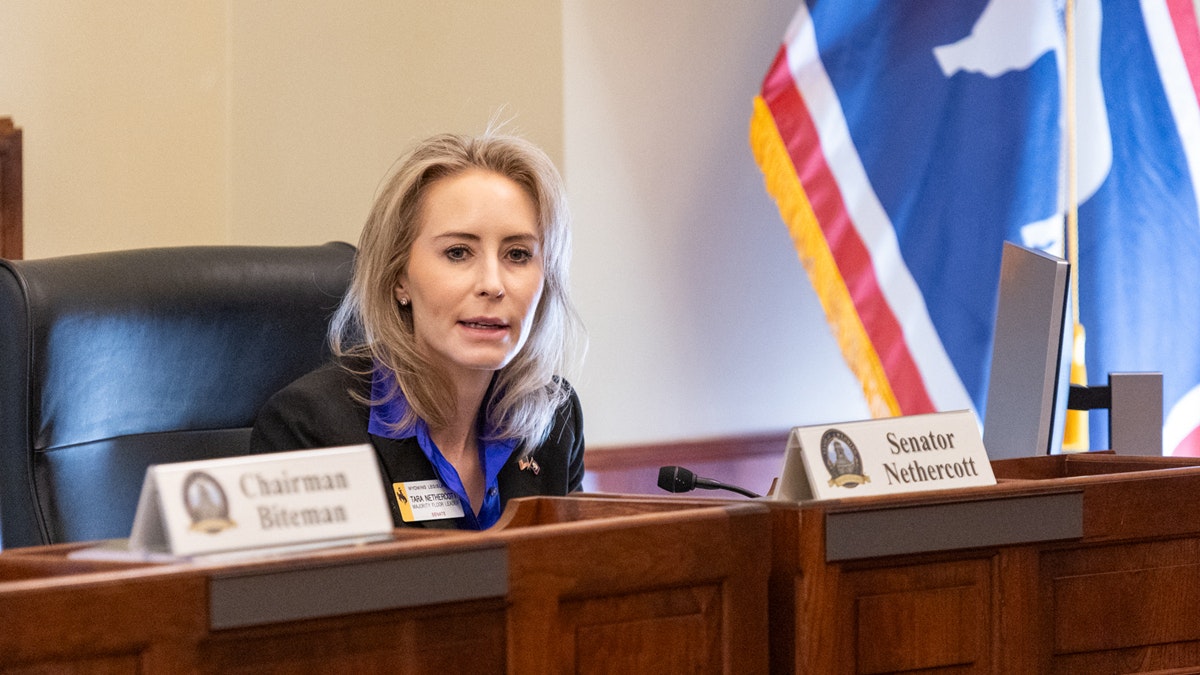One of the most popular political topics in Wyoming is private property rights and how far, or not, they should extend.
On Monday, that topic took center stage in the Wyoming House over a discussion on a bill that would require the sale of all private property to the federal government in Wyoming be matched with a corresponding decrease in federal land.
House Bill 118 would mark a significant change for those wanting to sell their land for recreation or other purposes to the federal government, and likely limit most of these transactions moving forward.
The crux of Monday’s debate came down to whether it’s most important to prioritize blocking growth of federal government land or retaining private property owners’ rights to sell their land to the government as they desire. Blocking the growth of federal land won out, which is the main purpose of HB 118.
The bill sponsor, Rep. Dalton Banks, R-Cowley, said just because federal land transfers have been accepted throughout Wyoming’s statehood doesn’t make it right. He also said his bill protects property owners from federal overreach and sweeping government mandates.
“We’re not limiting who you can sell to, we are limiting the federal government under our Constitutional responsibility by our act of admission that we’re limiting their right to purchase,” Banks said.
The House rejected by a 34-25 vote Monday an amendment brought by Rep. Karlee Provenza, D-Laramie, that would have removed the private property owners’ aspect of the bill while retaining the ban on selling state land without a corresponding trade-off with federal land.
“This limits just compensation,” Provenza said. “This means that, potentially, the greatest buyer who wants to spend their money here can’t buy that property from that private property owner.”
The bill advanced on second reading and will be considered one more time before it’s sent to the Senate.
Stopping Federal Growth vs. Private Property
There have been a few private and state land sales in Wyoming over the last few years that have drawn criticism from some for adding to the acreage that the federal government owns.
The most recent example is the Kelly Parcel that was finalized at the end of last year, which conveyed 640 acres of pristine state land in Teton County to the National Park Service for $100 million for the land to be incorporated into Grand Teton National Park.
Another prime example was the 2023 sale of the 35,670-acre Marton Ranch in Natrona County, private property that was sold for $21 million to the BLM.
“Those people that sold that — it’s their land, it’s their right,” Rep. Steve Harshman, R-Casper, said of the Marton sale. “To infringe on private property rights, it gives me pause.”
Jess Johnson, government affairs director for the Wyoming Wildlife Federation, told Cowboy State Daily the Marton sale was critical in providing continuous public hunting and fishing access. She said other land transfers can be beneficial for agricultural interests by preventing land from being sold to make residential subdivisions.
She also pointed out that her organization supported the Marton Ranch sale being opened up to a public comment period even though they already supported the sale. This happened after the state of Wyoming filed an appeal of the sale, which required the agency to seek public comment and complete an additional environmental review.
“Because the process matters,” Johnson explained. “That is there as a stopgap. It’s not willy-nilly sales. There are approval steps the government has to go through.”
Babysitting Or State Sovereignty?
Rep. Tony Locke, R-Casper, said he sees the issue as a matter of protecting Wyoming’s sovereignty as a state. Rep. Tom Kelly, R-Sheridan, agreed, saying that nothing precludes the federal government from pressuring private landowners to sell their land.
Rep. Mike Yin, D-Jackson, disagreed and compared the bill to “babysitting” on part of the state government, while Rep. Cody Wylie, R-Rock Springs, described it as “a cloth we don’t need to be cutting.”
Others who spoke in support of Provenza’s amendment expressed a desire for private property owners to have the final say in what happens to their land rather than the federal government.
“I believe every individual has the right to develop his potential, to use and enjoy his own property, tangible or intellectual, and pursue his own interests, free from restrictions or arbitrary force,” said Rep. J.T. Larson, R-Rock Springs.
Rhetoric against the federal government was sharp Monday from those who support Banks’ bill, with some going as far as comparing the government to an adversarial foreign nation.
“We could have a real debate about adversarial, and I think the federal government could definitely be linked in there,” said Rep. Reuben Tarver, R-Gillette.
Rep. Rob Geringer, R-Cheyenne, brought up the example of a piece of contaminated land owned by the city of Cheyenne west of the city that neighboring private landowners have been unable to get help in cleaning up from various public entities.
“I could see selling it to the federal government to help with,” Geringer said.
Rep. John Bear, R-Gillette, pointed out that for any purchase made by the federal government, the money comes from taxpayers.
“Actually taking opportunity away from private citizens who paid into the government’s coffers,” he said. “If you want to protect private citizen’s ability to make these types of transactions, we should limit the ability of the federal government to come in and to make these purchases.”
Constitutional Arguments
Both the Wyoming and U.S. constitutions state that private property shall not be taken or damaged for public or private use without just compensation. The U.S. Supreme Court has also said that property rights are necessary to preserve freedom by allowing property owners to plan their destiny on an individual basis.
“You have said here this morning, members, some of you have argued that the government knows better on who you should sell your land to,” Provenza said. “That’s a dangerous slippery slope isn’t it? The government knows better. I argue the government doesn’t know better here.”
But under the Wyoming Acts of Admission when it gained statehood, Wyoming was “admitted into the union on an equal footing with the original states in all respects whatever; and that the Constitution which the people of Wyoming have formed for themselves be, and the same is hereby, accepted, ratified and confirmed.”
“This is the ability of the state of Wyoming to have jurisdiction over all the lands within our borders,” Banks said.
The U.S. Constitution also limits what types of property the federal government can purchase, which Rep. Ken Pedergraft, R-Sheridan, believes it has far exceeded.
“At some point we the people need to stand up,” he said. “Yes, you are a private citizen, you can sell to whomever you want, but the federal government doesn’t have the right to buy any more land.”
Leo Wolfson can be reached at leo@cowboystatedaily.com.





